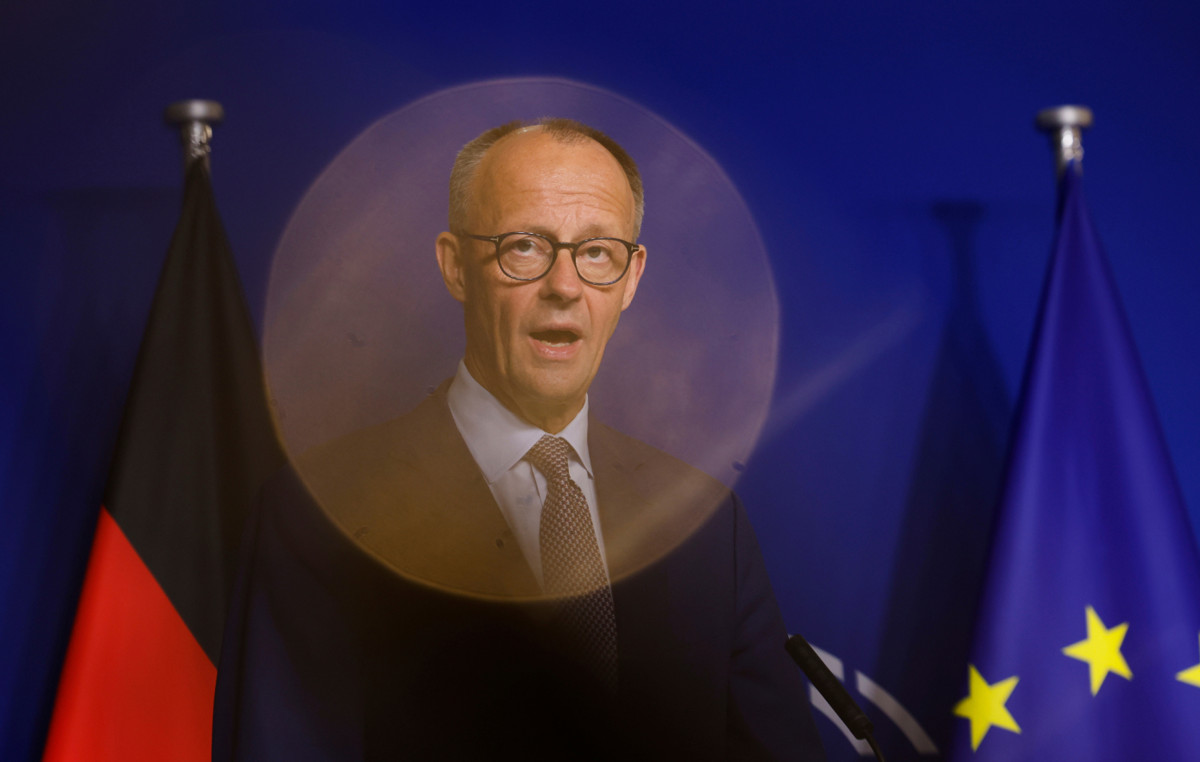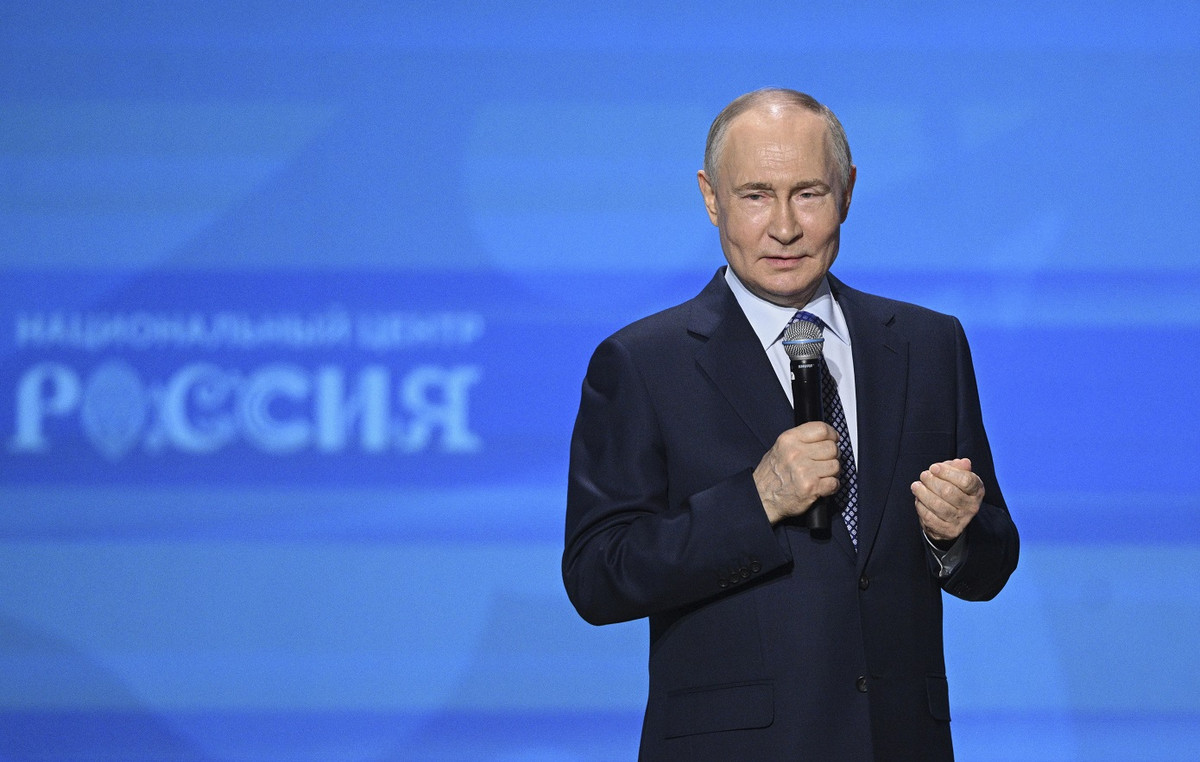Surveys released last week indicate some risks for Jair Bolsonaro’s (PL) re-election campaign. In addition to the stagnation of voting intentions – even if stationary at a very significant level -, responses from interviewees reveal that the successive denunciations of cases of corruption and misuse of public money opened gaps in the layer that prevented this type of accusation from sticking to the image. of the president.
For many years, the political world has called the “teflon effect” the ability of some politicians to escape complaints, however serious they may be – a characteristic similar to the chemical that prevents eggs and meat from sticking to frying pans and pans. The sign that suspicions related to Bolsonaro’s children, the power of Centrão, the secret budget and sectors of his government are beginning to be associated with the president come from the latest Ipespe survey.
Voters heard by the institute said that honesty should be the main quality of the future president. For these same voters, this characteristic is more present in former President Lula (PT) than in Bolsonaro – the score, from 35% to 30%, was favorable to PT, who was even convicted and imprisoned for alleged irregular receipt of contractor benefits. This perception tends to complicate the use of the fight against corruption, one of the main themes of the Bolsonarista campaign in 2018.
Research also shows that, like Dilma Rousseff in her last months in government, the president is beginning to have difficulties in transforming initiatives that seek to benefit relevant portions of the population into votes. In the first months of 2016 – the year in which she would be removed from the Palacio do Planalto -, DIlma extended the presence of foreign doctors in the country, hired another 25 thousand houses from Minha Casa, Minha Vida, announced readjustment of Bolsa Família, correction of the tax table income and expansion of paternity leave for civil servants.
The package of kindnesses had no consequences, it was not enough to keep Dilma in power. The PT’s corruption accusations and the economic crisis had eroded the president’s popularity and the so-called political class was, for the most part, committed to bringing Michel Temer and his economic proposals to power.
It is still too early to say that Bolsonaro has “dilmated”, but the signs of wear and tear are worrying for him. According to Datafolha, Lula is ahead of Bolsonaro even among those receiving Auxílio Brasil, the successor to Bolsa Família – 59% against 20%. The disapproval of the government by these people reaches 45%, against 19% who approve.
The same survey shows the rejection of topics that are dear to the president, such as the possession of weapons, 72% disagreed with the idea that society would be safer if the population carried a weapon. Practically the same percentage, 69%, do not agree with the phrase “Armed people will never be enslaved”, a mantra of Bolsonaro.
Unlike what happened with Dilma, Bolsonaro has the support of a significant and enthusiastic part of the population and his base in Congress, oiled by billions of amendments by senators and deputies, remains firm. It has, in theory, a majority to approve measures such as those that try to reduce the price of fuel. The question is whether these eventual and costly measures will have a practical effect and will no longer serve to corrode the economic scenario, pressure inflation and irritate defenders of fiscal responsibility, politicians and businessmen.
Led by the Centrão leaders, parliamentarians do not want, at this moment, to know about breaking with a president who has a chance of being re-elected and who guarantees them so much money. But politicians are mainly driven by survival instincts. There is still oxygen available in the Planalto, but future polls will indicate the possibility that leaders who are now aligned with Bolsonaro will decide to look for other avenues, especially if the possibility of Lula winning in the first round is maintained or if Simone Tebet (MDB) puts her head above the line. of water.
Source: CNN Brasil
I am Sophia william, author of World Stock Market. I have a degree in journalism from the University of Missouri and I have worked as a reporter for several news websites. I have a passion for writing and informing people about the latest news and events happening in the world. I strive to be accurate and unbiased in my reporting, and I hope to provide readers with valuable information that they can use to make informed decisions.







